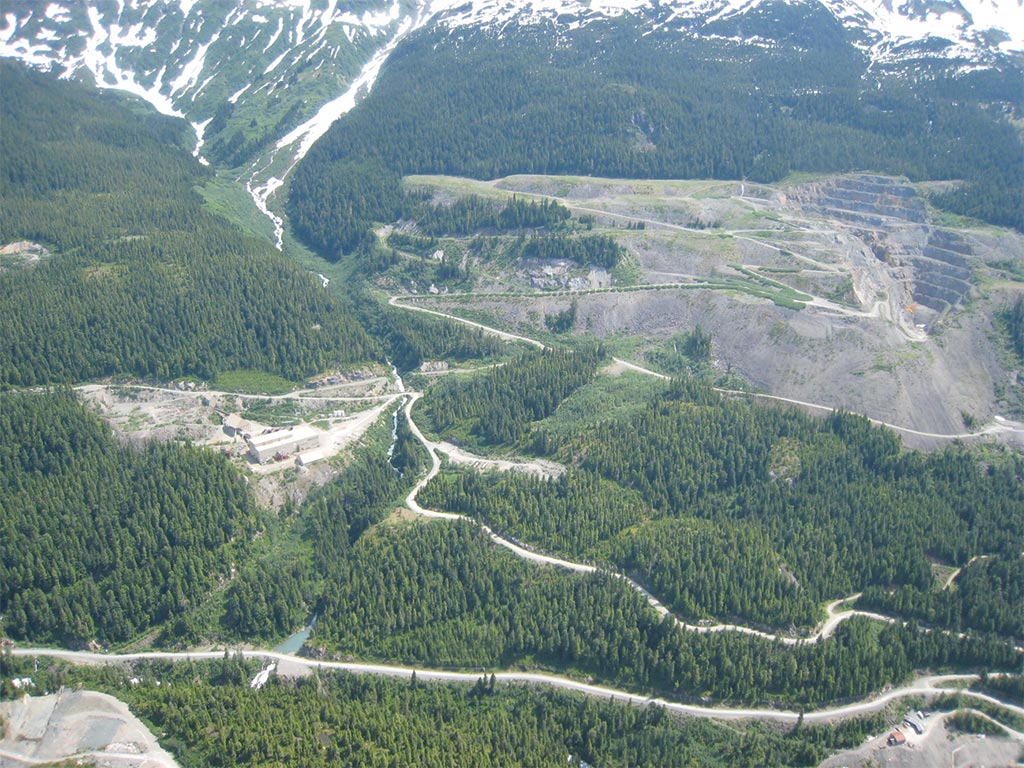Ascot discovers high-grade base metals mineralization at Premier


Continuing on last year's drilling success at its Premier gold project, Ascot Resources (TSX: AOT) has followed up with the discovery of new high-grade copper, gold and silver mineralization from this year's drill campaign.
On Thursday, the company received the first batch of results from an ongoing 25,000-metre exploration program designed to test new, high-priority targets on the property.
The new results comprise seven drill holes for a total of 1,839 metres completed from surface approximately 350m west of the Premier mill targeting geophysical anomalies.
Initial drilling has intercepted a shallow zone of gold-silver mineralization and a deeper zone of high-grade copper-silver mineralization.
Highlights of drilling include 6.57 g/t gold and 14.3 g/t silver (6.78 g/t gold equivalent) over 1.2 metres; 0.81 g/t gold and 407 g/t silver (6.74 g/t gold equivalent) over 1.3 metres; and 0.17 g/t gold, 137.8 g/t silver, 3.62% copper, 0.65% zinc (8.43 g/t gold equivalent or 5.16% copper equivalent) over 4 metres, including 0.26 g/t gold, 191 g/t silver, 5.78% copper, 1.3% zinc (13.14 g/t gold equivalent or 8.05% copper equivalent) over 1.8 metres.
Commenting on the drill results, Ascot president and CEO Derek White said the company is encouraged by its geophysical targeting methods in successfully identifying new mineralized zones.
"While base metals including copper and zinc have not been the focus for Ascot, we are intrigued to have drilled new high-grade sulfide mineralization at depth and welcome the optionality of further similar discoveries," White stated in a news release.
"Production at the Premier mine dates back as far as 1918 and gold and silver were historically produced alongside copper and other base metals, so the discovery thereof is not altogether surprising. We are eager to proceed with follow-up drilling this year to test the extents and continuity of this mineralization, among other high-priority targets,” he added.
Ascot is currently focused on restarting the former Premier gold mine, located in British Columbia’s Golden Triangle region. While progressing the development of Premier, the company is also exploring its properties for additional high-grade underground resources.
The Premier underground mine opened in 1918 and was the largest gold mine in North America until its closure in 1952, producing 2 million ounces of gold and 45 million ounces of silver.
This story originally appeared on MINING.COM.
Comments